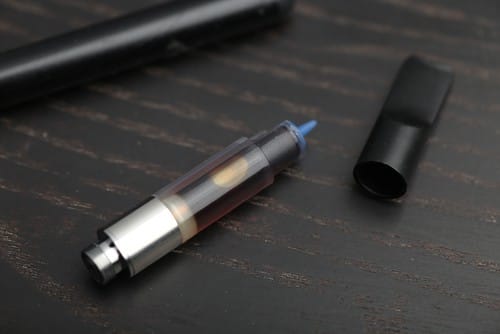What is DBT and Can It Help Your Teen
DBT stands for dialectical behavior therapy which is a cognitive behavioral therapy technique used to help teens and people who have a problem controlling and regulating their emotions and their reactions to those emotions. It was developed by Marsha M. Linehan at the University of Washington and was meant to help women who were chronically suicidal. Her patients had previous records of suicide ideation and attempts and involved in self-injury practices. 
She later determined that her patients were mostly showing symptoms of Borderline Personality Disorder. Those who suffer from Borderline Personality Disorder react more strongly to certain events and emotions and will usually have extreme mood swings. Some people react more strongly and in a potentially dangerous way to certain emotional events and situations. Their emotions are also more easily aroused and take longer to come down to baseline levels, making them less likely to react in an objective manner.
Since its development, DBT has become a widely adopted technique for helping a myriad of serious problems in children, teens, and adults such as being suicidal, impulsiveness, and difficulty regulating emotions or handling emotions such as family conflicts and problems. In fact, DBT has proven to be very effective in treatment of severe dysfunctional disorders that normally occur in multiplicity and suicidal tendencies.
Dialectical Behavior Therapy (DBT) has been proven to work and has helped teens who have a problem handling emotions constructively learn how to deal with those emotions without harming or putting themselves and/or others in danger.
Various therapy and treatment centers such as Visions Adolescent Treatment Centers use DBT in the treatment of various disorders or problems that affect teens such as suicidal tendencies, self-harm, anger issues, interpersonal difficulties, and drug and substance abuse.
Dialectical Behavior Therapy requires not only the willingness of the patient to change their behavior and situation, but also the support of family, relatives, peers, and friends. Normally, DBT sessions will be held both in one-on-one sessions with the therapist as well as in group and family sessions.
What makes Dialectical Behavior Therapy so effective is the fact that it changes the mindset of the patient so that they understand better how they feel, how to regulate their emotions and impulses, and to take others into consideration before acting.
Please call one of our specialists at Visions Adolescent Treatment Centers or click below
Originally posted on May 30, 2014 @ 8:12 am






